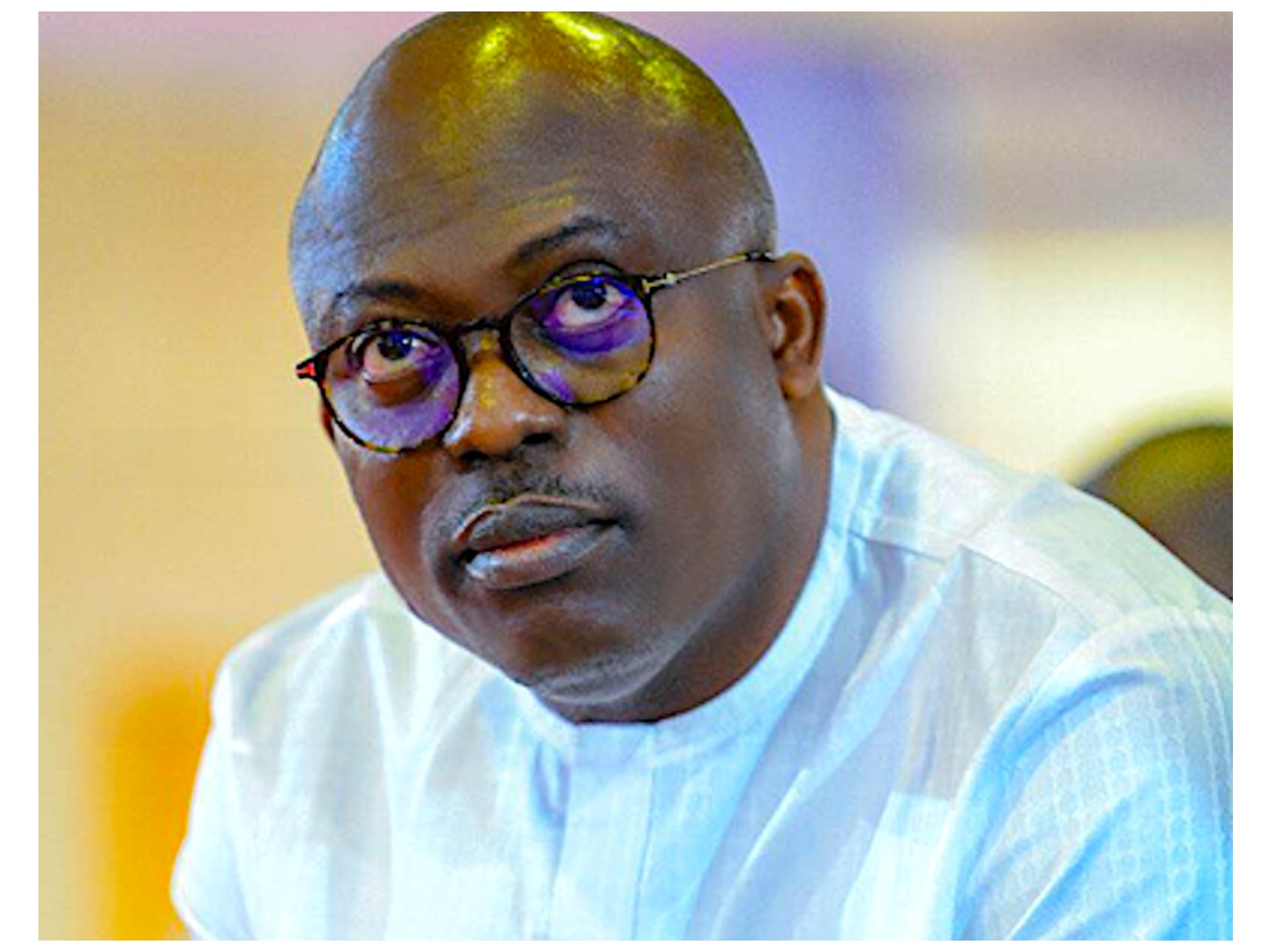Medical Doctor Collapses and Dies During Grueling 72-Hour Shift at Lagos University Teaching Hospital
Lagos, Nigeria – A heartbreaking incident unfolded at the Lagos University Teaching Hospital (LUTH) in Idi-Araba, as a dedicated medical doctor tragically lost his life while attending a Sunday church service. Dr. Umoh Michael, a resident doctor at LUTH, succumbed to exhaustion after an arduous 72-hour surgery marathon in the neurosurgery unit.
The Association of Resident Doctors at LUTH brought this shocking incident to light in a letter dated September 19, addressed to the hospital’s chief medical director. In their letter, the doctors raised several concerns, including allegations of bullying by senior colleagues, grueling call hours without adequate breaks, and the absence of proper food and accommodation for the medical staff.
Read Also IPC reacts as Police Attack Journalists covering Tribunal
The poignant letter, titled ‘An Appeal By The House Officers Of LUTH,’ expressed their deep sorrow over the loss of their colleague, Dr. Umoh Michael, who passed away on September 17, 2023. Dr. Michael had just completed a demanding 72-hour call duty in the Neurosurgery Unit before returning home on Sunday morning to prepare for church service. Tragically, he collapsed at his place of worship, the United Evangelical Church, around 11 a.m.
The letter revealed the harsh realities faced by medical house officers at LUTH. Dr. Michael’s roommate attested to the fact that he had barely slept in their apartment over the past week, often returning home in the early hours of the morning after surgeries and other duties in the Neurosurgery Unit.
Among the demands made in the letter, the doctors insisted that house officers who completed call duties the previous day should either be allowed a half-day off the following day or permitted to resume work by midday. They also called for a limit on consecutive working hours, stating that house officers should not be required to work for 48 hours at a stretch.
Furthermore, the doctors stressed the need for affordable or heavily subsidized compulsory health checks at the beginning of their housemanship. They appealed to their senior colleagues, the senior registrars and registrars, to create a more hospitable work environment. They emphasized that house officers should not be burdened with tasks that should be carried out by support staff, nurses, or patient relatives.
As of the time of reporting, LUTH had not issued a response to the concerns raised by the doctors. This tragic incident highlights the challenging working conditions faced by medical professionals in Nigeria and the urgent need for reforms to ensure their well-being and safety.
Medical Doctor Collapses and Dies During Grueling 72-Hour Shift at Lagos University Teaching Hospital
Lagos, Nigeria – A heartbreaking incident unfolded at the Lagos University Teaching Hospital (LUTH) in Idi-Araba, as a dedicated medical doctor tragically lost his life while attending a Sunday church service. Dr. Umoh Michael, a resident doctor at LUTH, succumbed to exhaustion after an arduous 72-hour surgery marathon in the neurosurgery unit.
The Association of Resident Doctors at LUTH brought this shocking incident to light in a letter dated September 19, addressed to the hospital’s chief medical director. In their letter, the doctors raised several concerns, including allegations of bullying by senior colleagues, grueling call hours without adequate breaks, and the absence of proper food and accommodation for the medical staff.
Read Also IPC reacts as Police Attack Journalists covering Tribunal
The poignant letter, titled ‘An Appeal By The House Officers Of LUTH,’ expressed their deep sorrow over the loss of their colleague, Dr. Umoh Michael, who passed away on September 17, 2023. Dr. Michael had just completed a demanding 72-hour call duty in the Neurosurgery Unit before returning home on Sunday morning to prepare for church service. Tragically, he collapsed at his place of worship, the United Evangelical Church, around 11 a.m.
The letter revealed the harsh realities faced by medical house officers at LUTH. Dr. Michael’s roommate attested to the fact that he had barely slept in their apartment over the past week, often returning home in the early hours of the morning after surgeries and other duties in the Neurosurgery Unit.
Among the demands made in the letter, the doctors insisted that house officers who completed call duties the previous day should either be allowed a half-day off the following day or permitted to resume work by midday. They also called for a limit on consecutive working hours, stating that house officers should not be required to work for 48 hours at a stretch.
Furthermore, the doctors stressed the need for affordable or heavily subsidized compulsory health checks at the beginning of their housemanship. They appealed to their senior colleagues, the senior registrars and registrars, to create a more hospitable work environment. They emphasized that house officers should not be burdened with tasks that should be carried out by support staff, nurses, or patient relatives.
As of the time of reporting, LUTH had not issued a response to the concerns raised by the doctors. This tragic incident highlights the challenging working conditions faced by medical professionals in Nigeria and the urgent need for reforms to ensure their well-being and safety.





